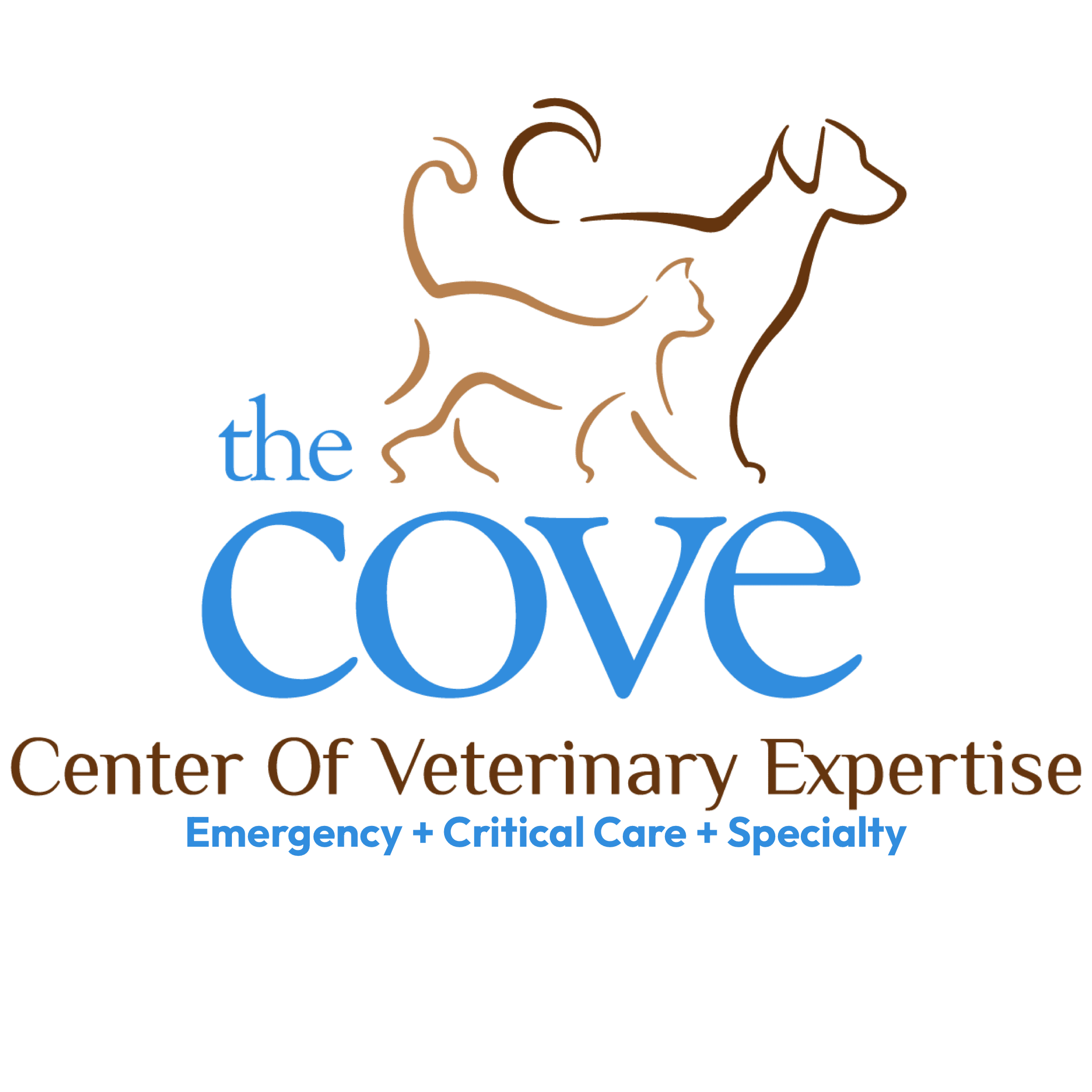Don’t Touch That! Pet Poisons & Toxins Around the Home
Pets are curious beings and can be enticed by anything that may catch their eye… or nose. They love to investigate, using their noses to sniff out new smells, sometimes leading to something dangerous. As March is National Pet Poison Prevention Awareness Month, we wanted to help you brush up on what household items may be toxic to animals.
What Household Items Are Poisonous to Pets?
Many things in our homes can be a danger to pets, but a few items pose more of a severe risk.
Cleaners and deodorizers: bleach, candles, fabric softener sheets, laundry detergent, fragrance sprays, potpourri, and sanitizing sprays and wipes
Gasoline and antifreeze: may be found stored on the floor of your garage or shed (for your car or lawn mower); antifreeze (ethylene glycol) often has a sweet taste that attracts pets
Houseplants and flowers: aloe, carnations, Chinese evergreens, daisies, lilies, jade, poinsettia, sago palms, Zanzibar gem
Human foods: avocados, chocolate, onions, garlic, grapes, macadamia nuts, raisins, foods high in salt content like corned beef, yeast products such as raw bread dough, and Xylitol, a sugar substitute often found in sugar-free gum and peanut butter
Marijuana (in all forms): edibles, oils for electronic smoking pens, the actual plant itself
Medication: whether meant for humans or another pet in the house, or pet medications not taken following proper instructions
Rodent traps, rodent bait, and pesticides: pesticide sprays, citronella candles, citronella torch refills, liquid ant traps, rodent bait blocks and granules
Tobacco products: chewing tobacco, pipes, refill cartridges for e-cigarettes
Keep items on a high shelf, in a locked cabinet, or somewhere your pet doesn’t roam. Additionally, check your floors periodically for dropped pills or discarded ingredients that did not make it into the trash, as these are easy pickings for dogs and cats looking for a treat.
How Do I Know if My Pet Ate Something Poisonous?
If you didn’t witness your dog or cat getting into something they shouldn’t, they will show a few telltale signs indicating they are unwell. Look out for the following symptoms and act as quickly as possible:
- Collapse
- Excessive drooling or foaming at the mouth
- Gastrointestinal upset like diarrhea and vomiting
- Be on the lookout for blood in their stool and/or vomit
- Labored breathing
- Lethargy and weakness
- Swelling
What to Do and Whom to Call
If your pet has ingested something toxic (you watched it happen or have reason to believe they did) and is showing the above symptoms, call the 24/7 Pet Poison Helpline at 855-764-7661 or the ASPCA Animal Poison Control Center at 888-426-4435 for immediate assistance. A consultation fee may apply.
If you suspect but are not completely certain that your pet is having an emergency, please call your primary care veterinarian or The COVE at 757-935-9111 if it’s outside your family veterinarian’s regular business hours.
About Us
The COVE’s veterinarians and staff wholeheartedly embrace the core values of community, collaboration, commitment, compassion, and integrity. This focus ensures that pets, the people who love them, and their primary care veterinarians have as positive and affirming a healthcare experience as possible, regardless of the circumstances that bring us all together.
